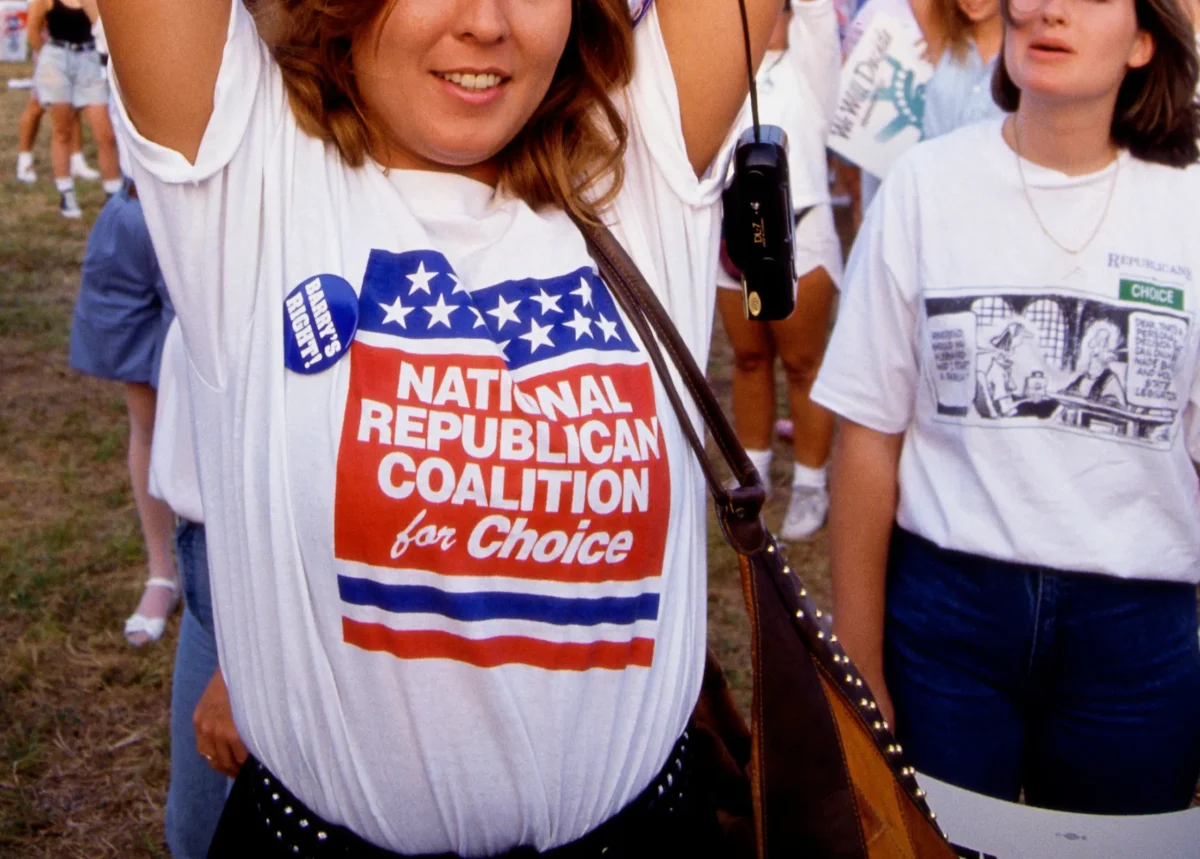We are not a Christian nation.
We are a nation with a higher population of Christians than of any other religion, — 70.6 percent of Americans claim affiliation to a branch of Christianity, according to a May 2015 Pew Research Center poll — but that does not make us a Christian nation. Freedom of religion is established in the First Amendment. The 1797 Treaty of Tripoli states that the U.S. was not, “in any sense, founded on the Christian religion.” According to our Constitution, there is not and can never be a state-sponsored religion.
Why bring this up? The holiday season is fast approaching, which means that talk about the supposed “War on Christmas” or the “War on Christianity” will ramp up again, thanks to Bill O’Reilly, the dozen or so GOP candidates left in the primary race and your uncle Jed — whose rants and raves can be counted on to ruin Thanksgiving dinner for the umpteenth year in a row.
“War on Christmas” chatter boiled over early this year, stemming from the recent controversy — yes, an actual controversy — over Starbucks’ new holiday cups. These particular cups feature no Christmas designs on them, but instead offer a solid, red background with the Starbucks logo featured prominently in the middle. Good God, what’s next? Sacrificing Christians to the lions again?
People were legitimately mad about the new holiday cups. Social media exploded over the lack of specific references to Christmas — although Starbucks as a company has no obligation to celebrate Christmas — and the cup is still red and green, the colors of Christmas. Fox News host Kelly Wright likened Starbucks’ new holiday cups to “Ebenezer Scrooge [trying] to Bah Humbug Christmas.” Donald Trump even went so far as suggesting a boycott of Starbucks, an idea that garnered applause when he suggested it at a campaign rally. Is this really happening?
If we are not a Christian nation, and if freedom of religion is explicitly granted by our Constitution, why then do people feel that others must bend to their will when it comes to which holidays to celebrate, or how we celebrate them? It is an egocentric, me-first attitude that goes against the spirit of the holidays.
Thankfully, the Starbucks controversy died down last week, but not before renewing conversation about the commercialization of Christmas. For years, people complained about the holiday season becoming more about shopping, presents and Santa Claus than about the birth of Jesus. Now, people complain that Starbucks does less to commercialize Christmas than other businesses. Can there be any winners here?
Christmas decorations are put up earlier every year. Some stores have their Christmas trees up before Halloween is over; others wait until early November. But regardless of when the tinsel is draped across the shelves, or the ornaments are hung from the trees, the fact still remains that Christmas has passed the point of no return when it comes to commercialization. It has even gotten to the point where Thanksgiving is being affected.
For years now, the day after Thanksgiving, Black Friday, has marked the beginning of the holiday shopping season. But over the past few years, stores have opened earlier on Black Friday. First it was 4 a.m., then midnight, then 10 p.m. on Thanksgiving. Now, many stores are beginning sales on Thanksgiving afternoon, before many families would otherwise get a chance to enjoy a meal together.
Target and Macy’s will open at 6 p.m. Best Buy and Toys “R” Us open at 5 p.m. J.C. Penney opens at 3 p.m. Meijer and Kmart are opening at 6 a.m. Walmart will be open 24 hours. Staples and REI are two of the only big-name retailers to remain closed on Thanksgiving. Sure, everyone loves a sale. Some rely on them in order to afford gifts for their loved ones. But, at what cost do these sales come? Shopping or family time — we should not have to choose.
These big-box retailers are not only impacting the holidays of their customers. Employees are affected, too. Thanksgiving used to be a day off, a day reserved for family time. Now, as stores compete for revenue, employees are being forced to skip family dinner in order to keep their jobs. That is not fair, and it is not right. What does it say about these companies that they are willing to hold profits in higher regard than the holidays of their employees? When you think about it, is that anything more than business as usual?
So, big-box stores, open late Thanksgiving night if you must — but do not interrupt prime family bonding time with pure commercialism. A few extra hours of shopping is not worth the harm and stress you cause customers, employees and their families.
Choose people over profit.







